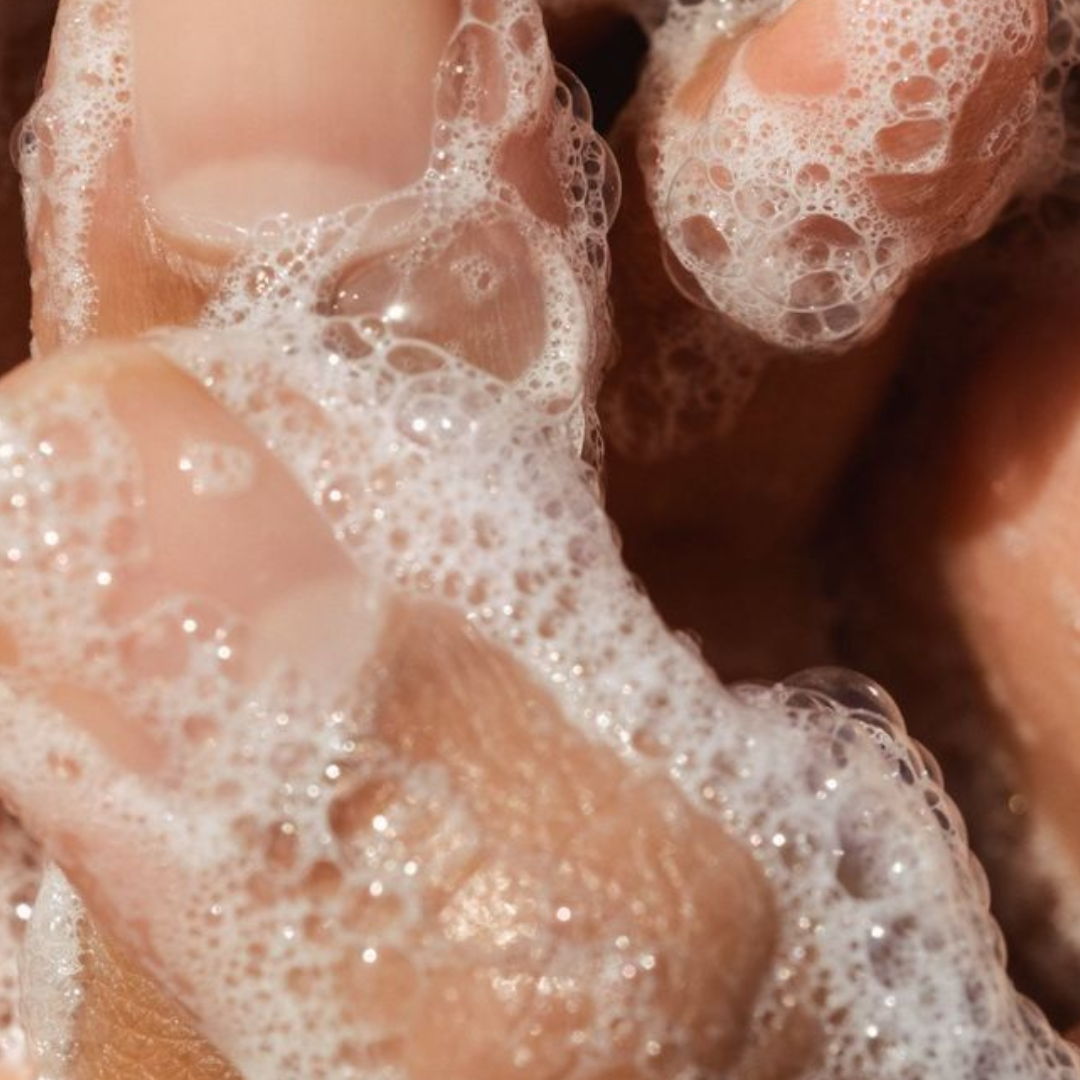
What are the effects of probiotics in cosmetics?
Share
Probiotics are no longer reserved for food: they now have an important place in the world of cosmetics. Present in creams, serums and lotions, they promise to strengthen the skin barrier, balance the skin's microbiome and improve its overall appearance. But what exactly are their effects, and why are they so popular in modern skincare?
Protecting and rebalancing the skin microbiome
The skin microbiome corresponds to all the micro-organisms living on the skin, essential to its health and defense against external aggression. Probiotics in cosmetics act by :
-
Promotes the proliferation of beneficial bacteria,
-
Limits the growth of pathogenic microbes,
-
Balances sensitive skin and skin prone to irritation.
Thanks to these effects, the skin becomes more resistant, less prone to redness and inflammation.
Reinforce the skin barrier
One of the major benefits of probiotics is their ability to reinforce the skin barrier, essential for maintaininghydration and protecting against external aggression. An effective skin barrier:
-
Retains water and prevents dehydration,
-
Protects against pollution, UV and harmful bacteria,
-
Reduces skin sensitivity and allergic reactions.
Probiotic-based serums and creams help keep skin supple, comfortable and radiant.
Reduce blemishes and inflammation
Skin prone to acne, redness or eczema can benefit from the anti-inflammatory effects of probiotics. They :
-
Reduces redness andirritation,
-
Reduces the appearance of pimples and blackheads,
-
Maintain skin pH balanceThis prevents the development of blemish-causing bacteria.
So probiotics can be a gentle alternative to aggressive treatments, especially for sensitive skin.
Stimulate cell renewal
Some probiotics also promote collagen production and stimulate cell renewal. This contributes to :
-
Firm skin and improve elasticity,
-
Reduce signs of aging, such as fine lines and wrinkles,
-
Give a brighter, more even complexion.
They therefore act on both the health andaesthetics of the skin.
Improve hydration and tolerance of sensitive skin
By strengthening the cutaneous barrier and rebalancing the microbiome, probiotics help dry or sensitive skin retain water more effectively. This reduces tightness, roughness and sensitivity to external aggressors.
Some products combine probiotics with moisturizing ingredients such ashyaluronic acid or vegetable oils, offering dual action: protection and nutrition.
How can you incorporate probiotics into your routine?
Probiotics in cosmetics can be found in several forms:
-
Creams and lotions: apply morning and night to reinforce the skin barrier,
-
Concentrated serums: to specifically treat areas prone to redness or imperfections,
-
Masks and targeted treatments: to boost the soothing and moisturizing effect.
For best results, we recommend complementing the use of probiotics with a gentle routine, including a suitable cleanser, regular moisturizing and sun protection, to preserve the skin's natural balance.
Conclusion: probiotics for healthy skin
Probiotics in cosmetics offer an innovative approach to :
-
Rebalance the skin's microbiome,
-
Reinforce the skin barrier,
-
Reduce blemishes andinflammation,
-
Stimulate cell renewal andhydration.
They represent a gentle, effective alternative for all skin types, especially sensitive or blemish-proneskin. Incorporating probiotics into your daily skin care routine makes your skin more resistant, comfortable and radiant.
